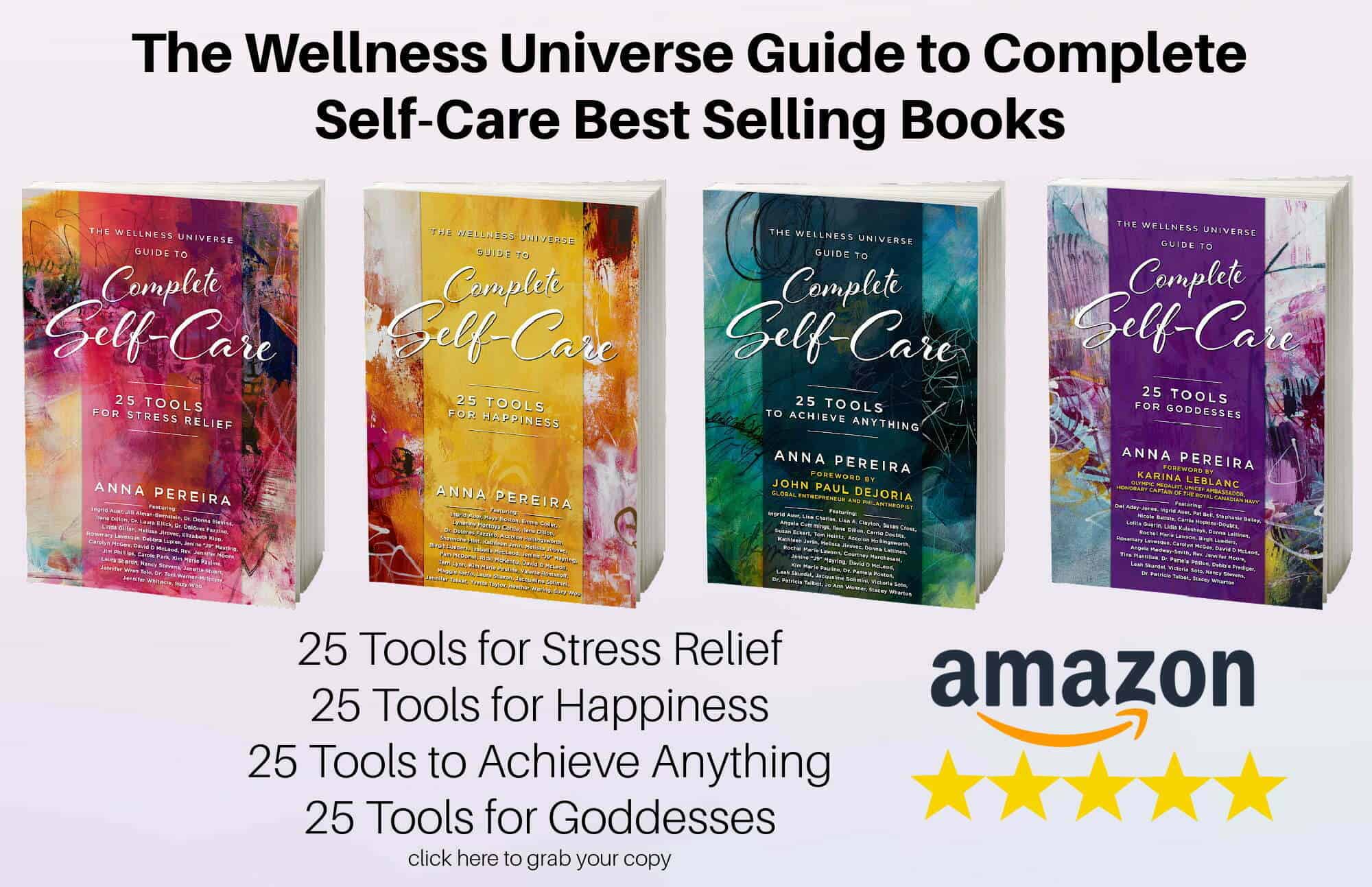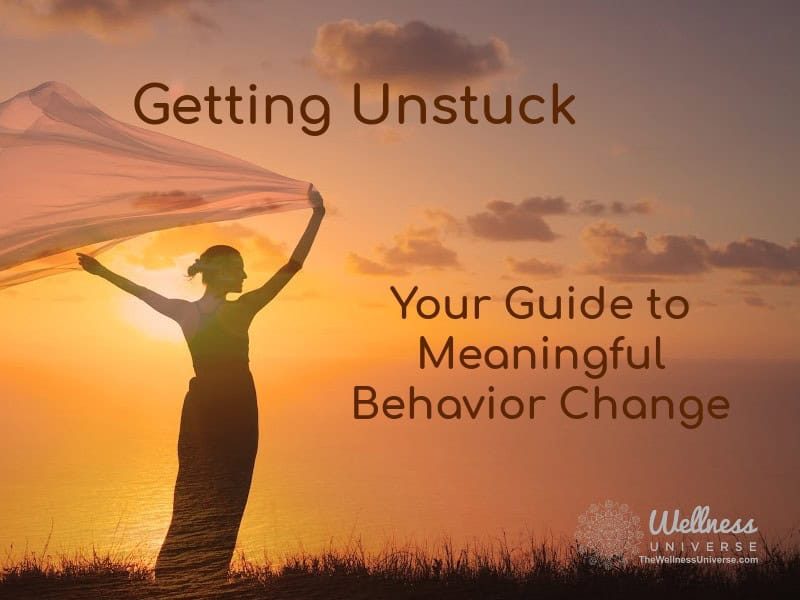Journaling can be a powerful tool to aid in the recovery from trauma. It provides a safe and private space for individuals to explore and process their emotions, thoughts, and experiences related to the traumatic event.
Journaling in trauma recovery offers a safe and non-judgmental space for people to process their emotions, thoughts, and experiences related to the traumatic event. Through writing, survivors can explore and express the overwhelming feelings that trauma often brings, allowing them to gain clarity and understanding about the event’s impact on their lives. Journaling also fosters self-awareness, helping individuals identify triggers and patterns associated with the trauma. By confronting and reflecting on their experiences in writing, survivors can gradually release the emotional burden, find empowerment in their healing journey, and cultivate resilience as they navigate the path toward recovery and growth.
Here are some ways in which journaling can be beneficial for trauma recovery.
Emotional expression
Trauma often comes with overwhelming and intense emotions. Journaling allows individuals to express and release these emotions without judgment. It can be a cathartic and healthy outlet for anger, fear, sadness, and grief.
Cognitive processing
Writing about the traumatic event and its aftermath helps to organize thoughts and make sense of the experience. Journaling can aid in understanding the impact of the trauma on one’s life and identify associated patterns or triggers.
Empowerment and control
Trauma can leave individuals feeling powerless and helpless. Journaling provides a sense of control over the recovery process. Survivors can regain a sense of agency by choosing when and what to write about.
Self-awareness
Regular journaling encourages self-reflection and self-awareness. It allows individuals to track their progress over time and recognize patterns of growth and healing.
Identifying triggers and coping strategies
Through journaling, people can identify specific triggers that elicit strong emotional reactions related to the trauma. With this awareness, they can develop healthier coping strategies to manage these triggers.
Reducing avoidance
Some trauma survivors might avoid thinking or talking about the traumatic event, which can hinder healing. Journaling offers a controlled environment to face and process these difficult memories in a gradual and supportive way.
Connecting with emotions
Trauma can sometimes lead to emotional numbness or dissociation. Journaling can help individuals reconnect with their feelings and foster emotional regulation.
Enhancing problem-solving skills
As individuals explore their thoughts and feelings in writing, they may discover potential solutions or steps toward recovery and growth.
Building resilience
Writing about personal growth, strengths, and moments of hope can foster a sense of resilience and hopefulness in the face of trauma.
Communication and support
Journaling can help survivors communicate with therapists, counselors, or support groups. Sharing journal entries with trusted individuals can help them understand survivors’ experiences and provide more targeted support.
Here are some journal prompts to get you started
- What emotions or thoughts have you been avoiding or struggling to process since the trauma? Take some time to explore these feelings in writing.
- Write a letter to your past self, offering understanding, compassion, and support during the difficult time of the trauma.
- Identify three strengths or personal qualities that have helped you cope with the aftermath of the trauma. How can you nurture and build upon these strengths?
- Describe any positive changes or growth you have experienced since the traumatic event. How have you adapted and evolved as a result of the experience?
- Explore any guilt or self-blame related to the trauma. How can you challenge these thoughts with evidence that supports your innocence or lack of responsibility for the event?
- List three things you wish others understood about what you’re going through as a trauma survivor. Describe how you would like them to support you.
- Describe a self-care routine or activity that brings you comfort and peace. How can you incorporate more of these practices into your daily life?
- Reflect on your progress in your trauma recovery journey. What steps have you taken, and what motivates you to continue healing?
- Imagine a future version of yourself who has fully healed from the trauma. What does this person’s life look like, and what steps can you take today to move closer to that vision?
- Write a letter to your support system (family, friends, therapist, etc.) expressing gratitude for their presence and understanding throughout your recovery.
- Describe a time when you faced a challenge or setback in your trauma recovery. How did you overcome it, and what did you learn from the experience?
- Reflect on any unexpected sources of strength or resilience that have emerged as you navigate your trauma recovery.
Remember that journaling is a personal and self-paced practice. Feel free to modify these prompts or create your own based on what feels most relevant and meaningful to your trauma recovery journey.
It’s important to note that while journaling can be a valuable part of trauma recovery, it might not be suitable for everyone. Some individuals may find it triggering or overwhelming. It is highly advised that survivors seek professional guidance and support and work with a mental health professional specializing in trauma, which can offer additional strategies and a safe space for healing.
Elizabeth will teach a class on Journaling for Trauma Recovery on Monday, September 11, 2023, at 6 PM EST as part of her 12-part “Here. Now. Mindfulness and Trauma Recovery” course. This donation-based course is offered exclusively for the Wellness For All programming of The Wellness Universe. Everyone who registers gets access to all class recordings for this evergreen course.
Elizabeth Kipp is a Stress Management & Historical Trauma Specialist, Trauma-Trained and Yoga-Informed Addiction Recovery Coach, Ancestral Clearing Practitioner, and best-selling author of The Way Through Chronic Pain: Tools to Reclaim Your Healing Power.
Connect with Elizabeth Kipp on The Wellness Universe and walk away feeling better!
All information, content, and material are for informational purposes only and are not intended to serve as a substitute for the consultation, diagnosis, and/or medical treatment of a qualified physician or healthcare provider. The information supplied through or on this page, or by any representative or agent of The Wellness Universe, is for informational purposes only and does not constitute medical, legal, or other professional advice. Health-related information provided through this website is not a substitute for medical advice and should not be used to diagnose or treat health problems or to prescribe any medical devices or other remedies. The Wellness Universe reserves the right to remove, edit, move, or close any content item for any reason, including, but not limited to, comments that are in violation of the laws and regulations formed pursuant to the Federal Food, Drug, and Cosmetic Act. None of the posts and articles on The Wellness Universe page may be reprinted without express written permission.
The Wellness Universe welcomes Janette Stuart, in partnership with Wellness for All programming for Self-Care Saturday
Register today prior to the LIVE launch:

see how our self-care books are helping thousands of people around the world. Digital and paperback books are available now.
Connect to the people that help you live your best life: The Wellness Universe
Elizabeth is a Health Facilitator, Empowerment Coach, EFT/Tapping and Ancestral Clearing Practitioner, and Kundalini Yoga Teacher, helping people to step into the power of their own healing. She has turned her attention as a patient advocate and health facilitator in service to the alarmingly high population of people who suffer from stress, chronic pain, and the quest for a life free from suffering.




